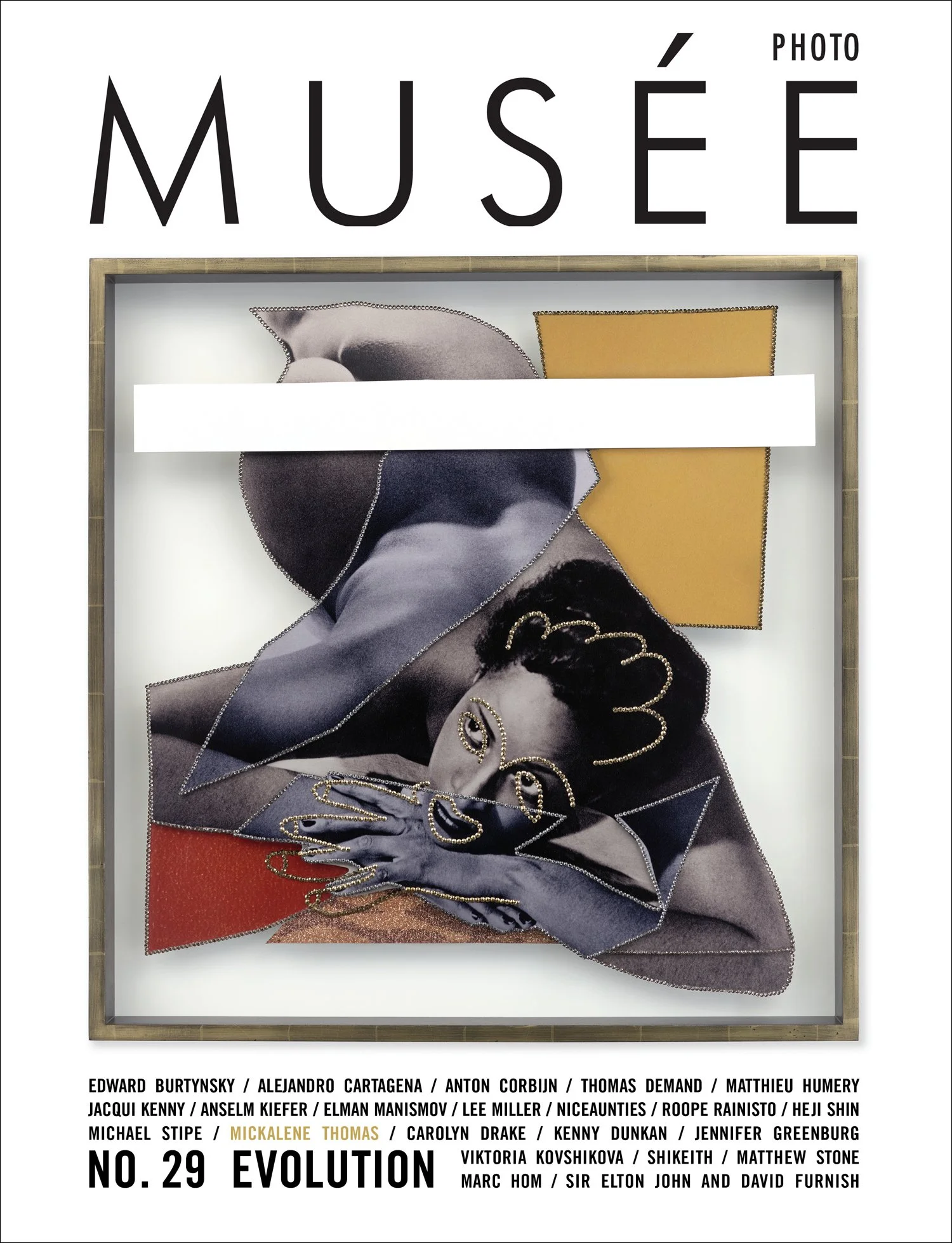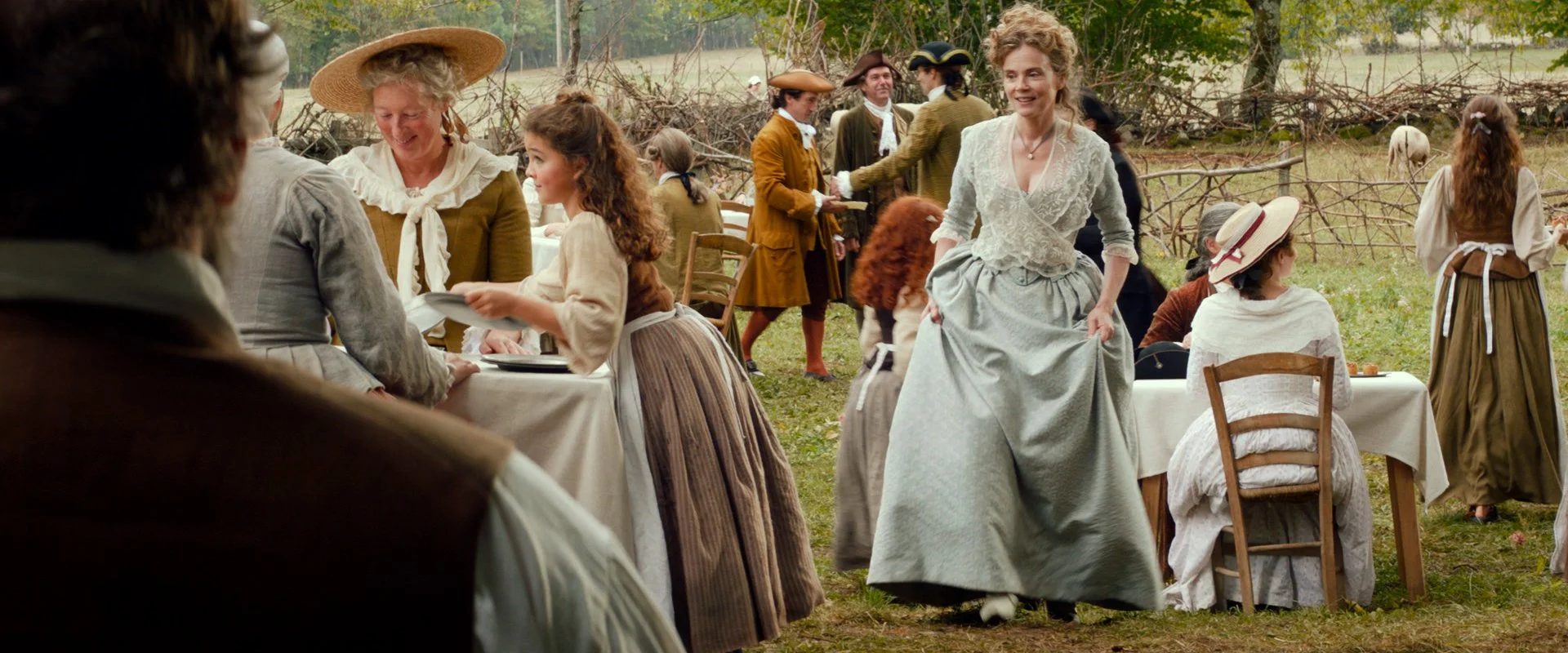Film Review: Delicious: Dir. Éric Besnard
Courtesy of Nord-Ouest
Written by Belle McIntyre
Watching this film is akin to a self-indulgant luxury vacation with a maximum of sensory delights for those with refined palates. Set in 18th century France just prior to the French Revolution, we are immediately plunged into the workings both behind the scenes and at the table of a lunch party at the chateau of the Duc de Chamfort. The kitchen is humming with the myriad tasks being performed to create an elaborate menu and presentation. Second to the taste is the art direction and attention to detail of the finished dishes which reaches a HIGH level of art and pretension. As the camera wades into the vast kitchen gazing at the various tasks being performed and the elaborate chorography of the entire enterprise, we meet chef Manceron (Grégory Gadebois), the beating heart of the enterprise. Manceron is an artist and a bold experimenter, who wishes only to delight and please the Duc.
Courtesy of Nord-Ouest
Then we are in the presence of the Duc and his circle of aristocratic friends á table. The Duc is an absurdly pompous, demanding and ungrateful autocrat. Seated around the table is a sort of Noah’s Ark of types belonging to the pre-Revolutionary aristocracy, with their towering wigs, powdered and rouged faces and courtly manners - they are sycophants, poseurs, and social climbers enveloped in their petty world of courtly intrigue, completely isolated from everything and everyone outside of their purview. This lunch, an exercise in wretched excess, launches the story into motion and also makes the case for the Revolution which is imminent. The Duc humiliates Manceron in front of his guests and then demands an apology. Manceron quits and returns with his son Benjamin (Lorenzo Lefebrve) to his humble beginnings in the country.
Courtesy of Nord-Ouest
Manceron is defeated and depressed and vows never to cook again. Life in the country is hard and often dreary and money is in short supply. It is a jarring experience for Manceron. His Rousseau-reading son tries everything to re-engage his father in life to no avail. It is not until the arrival of the strange woman who entreats him to allow her to apprentice and teach her to cook. She is so tenacious, in her efforts to get him to take her seriously, putting up with rude dismissiveness and abusive words, until he breaks down. It is a process to win him over to allow her to be more than a lackey for him. Such was the attitude toward women in those times.
As they begin to function en suite we learn the unlikely histories of the mysterious woman. There is the original and false story and ultimately authentic story which creates an actual connection between Maceron and Louise (Isabelle Carré). When the chance for Maceron to win back the Duc’s patronage arrives, the old Maceron’s love of cooking returns and he rises to the occasion. The marvelous mis en scene for the Duc’s arrival which he arranges defies plausibility, but it is so brilliant in concept and execution that we happily accept it. And when the Duc humiliates him again, the gloves are off.
Courtesy of Nord-Ouest
From there until the final denoument are events which foreshadow the brewing political crisis and guide the experiments in “hospitality” for the regular people. The PR claims this is the origin story of restaurants. Apparently it is a stretch, but nobody will care when you are being entertained this delightfully. The final reckoning, as unlikely as it is, feels satisfying. The ensemble acting is impeccable, the set design is extraordinary and along with art direction gives cinematogarapher Jean-Marie Dreujou every opportunity to create gorgeous painterly images of food lit as flawlessly as still lifes. He never misses a chance to make every frame one of perfection. This is maximal eye-candy and a satisfying fable, which will absolutely stimulate pleasure centers.
Courtesy of Nord-Ouest












